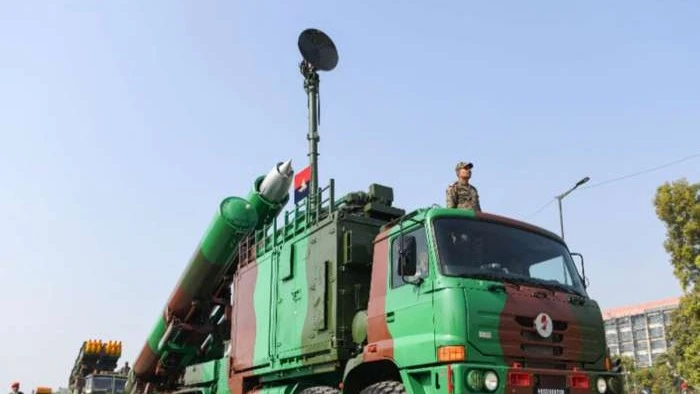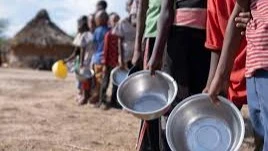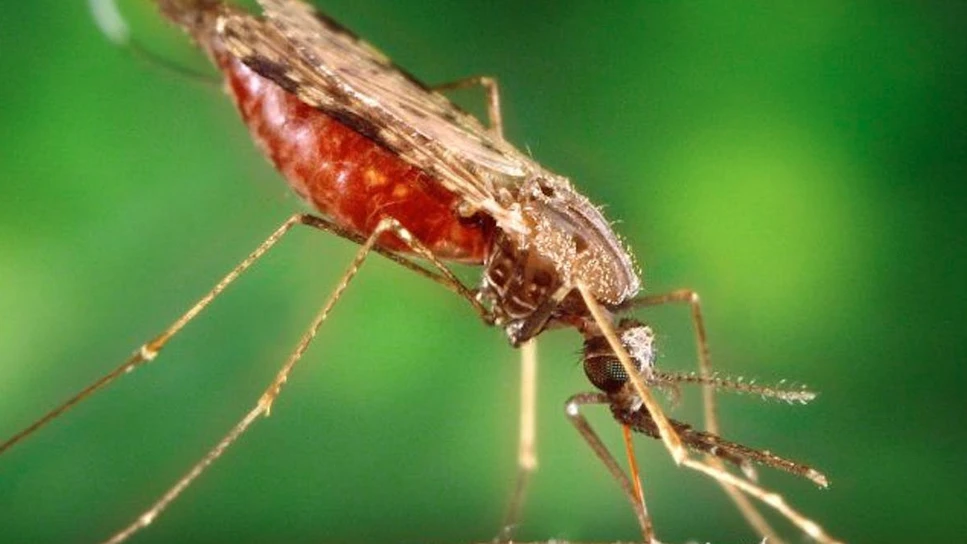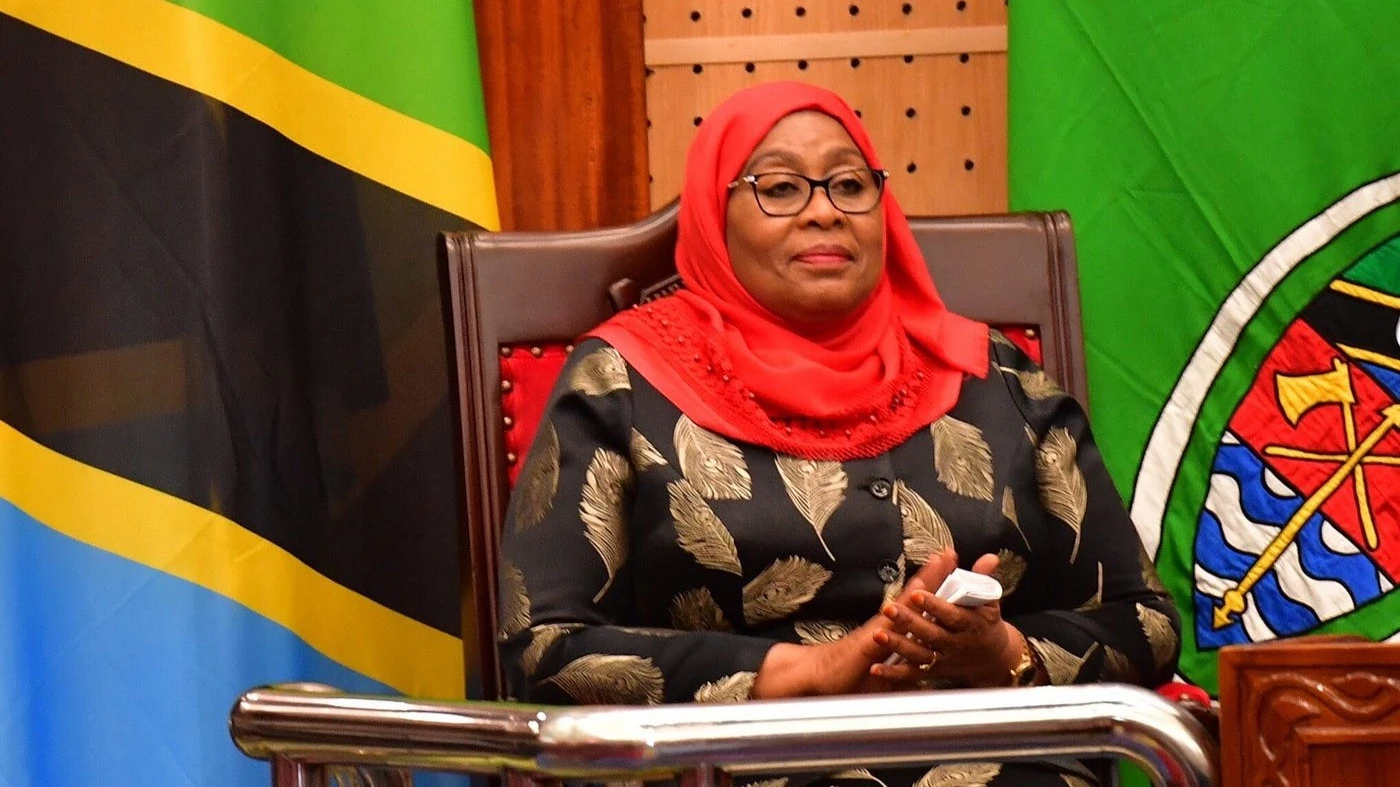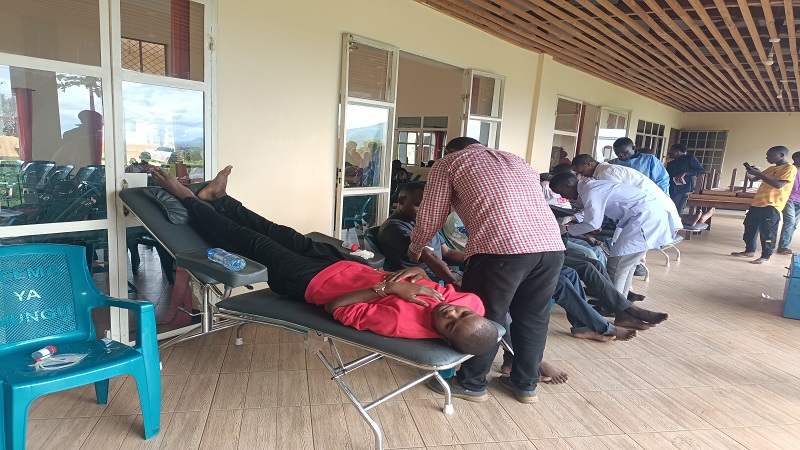WFP seeks $225m to address food insecurity affecting 4.6m Somalis
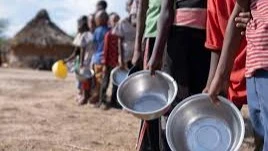
THE United Nations World Food Programme (WFP) has appealed for $225 million to address the escalating food insecurity crisis in Somalia, projecting that 4.6 million people will experience severe hunger and acute food insecurity between April and June.
This figure represents a troubling rise from the 4.4 million people initially estimated in January. The funds will be crucial for scaling up the WFP's humanitarian efforts over the next six months, ensuring that the most vulnerable populations can access life-saving food assistance.
According to the WFP’s humanitarian report released in Mogadishu, multiple factors are contributing to the worsening food security situation. Among these are the declining availability of funds, expected below-average Gu season rainfall (April to June), rising food prices, ongoing conflict, insecurity, and localised flooding. Together, these factors are creating a perfect storm of hardship for millions of Somalis, particularly those in rural areas and conflict zones.
“Apart from dwindling availability of funds, anticipated below average Gu season rainfall, rising food prices, continued conflict and insecurity, and localised flooding persist as key drivers of food insecurity,” the WFP report states. The Gu season is critically important for Somalia's agricultural cycle, and with below-average rainfall predicted, crop yields are expected to be significantly lower, exacerbating the food crisis.
Furthermore, the WFP has warned that over 230,000 people are expected to be displaced between April and June due to a combination of factors, primarily drought. The ongoing drought is predicted to be the major cause of displacement, accounting for approximately 69 percent of the population movements. The worst-hit areas are expected to be Banadir, Baidoa, Kismayo, Luuq, and Afmadow, where more than 95,000 new arrivals are anticipated.
In addition to drought, conflict is projected to drive the remaining 31 percent of displacements, particularly in areas such as Bari, Hiraan, and Middle Shabelle. As is often the case, women and children are expected to bear the brunt of displacement, with estimates suggesting that they will comprise 76 percent of those displaced. The movement of populations due to drought and conflict further strains the already limited humanitarian resources, making it even more challenging for aid organisations to meet the needs of all affected individuals.
The malnutrition situation is also deteriorating rapidly, with the WFP estimating that 1.8 million children under the age of five will suffer from acute malnutrition between January and December of this year. This includes 1.3 million children likely to experience moderate acute malnutrition, a worrying increase of nearly 47,000 children from previous estimates. The rise in malnutrition is closely linked to a growing hunger gap, which has been exacerbated by reduced food assistance, limited access to clean water, poor child feeding practices, and the closure of health and nutrition programmes in various parts of Somalia.
“These factors, combined with the lack of sufficient humanitarian funding, are severely limiting the ability to address the growing malnutrition crisis,” the report notes. “The closure of nutrition programmes and health facilities in some regions has left many children without access to the care they desperately need, further aggravating the situation.”
The WFP’s appeal for $225 million highlights the urgent need for increased international support to address the food insecurity crisis in Somalia. The funds will allow the WFP to provide emergency food assistance, nutrition support, and other essential services to those most in need. The organisation aims to ensure that millions of people, especially the most vulnerable, including women, children, and displaced populations, receive the critical support they require to survive.
In addition to food assistance, the WFP is focusing on efforts to improve access to clean water and healthcare, addressing the broader humanitarian needs of affected communities. With Somalia already facing significant challenges, including a fragile economy, limited infrastructure, and insecurity, the international community’s support is crucial to preventing further suffering and loss of life.
The WFP has called on donors to act quickly to provide the necessary funding, as delays could worsen the situation and make it even more difficult to reach those in need. Without this financial support, millions of Somalis could face even greater hardship, as the combined effects of drought, conflict, and rising food prices continue to deepen the crisis.
As Somalia battles these compounding challenges, the WFP's efforts are critical in averting a catastrophic humanitarian disaster. The $225 million appeal is not just a call for funds, but a call for solidarity and swift action to ensure that Somalis do not face a future of hunger, displacement, and suffering. The success of the WFP’s efforts will depend on the international community’s response and commitment to alleviating the ongoing crisis in Somalia.
Top Headlines
© 2025 IPPMEDIA.COM. ALL RIGHTS RESERVED















